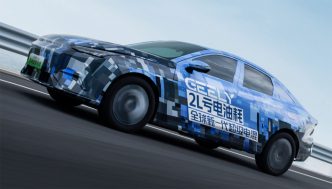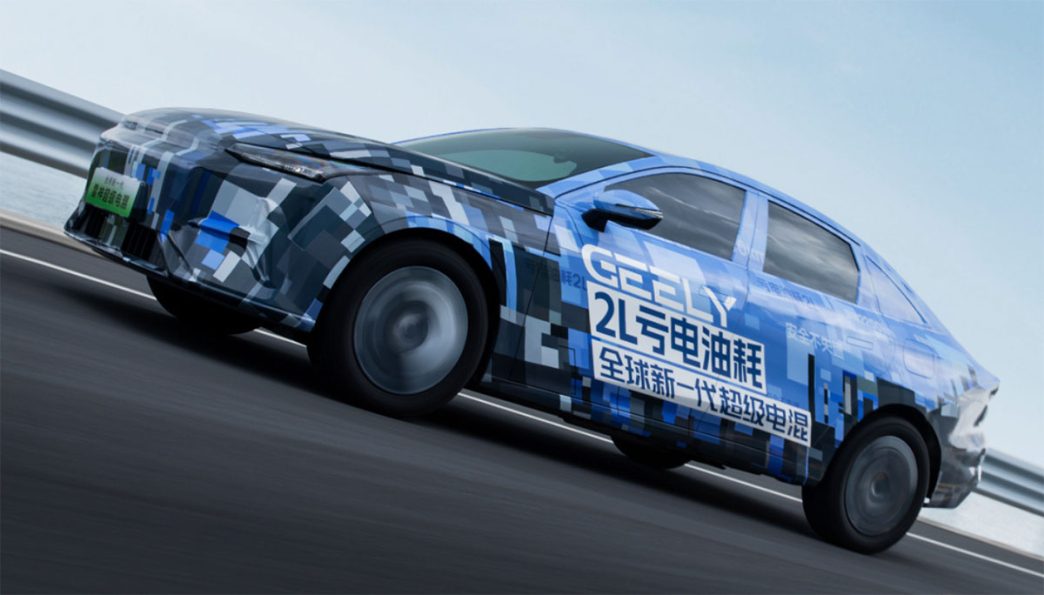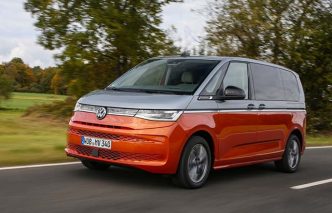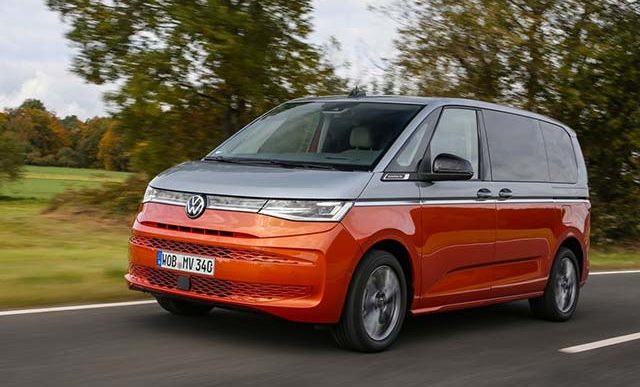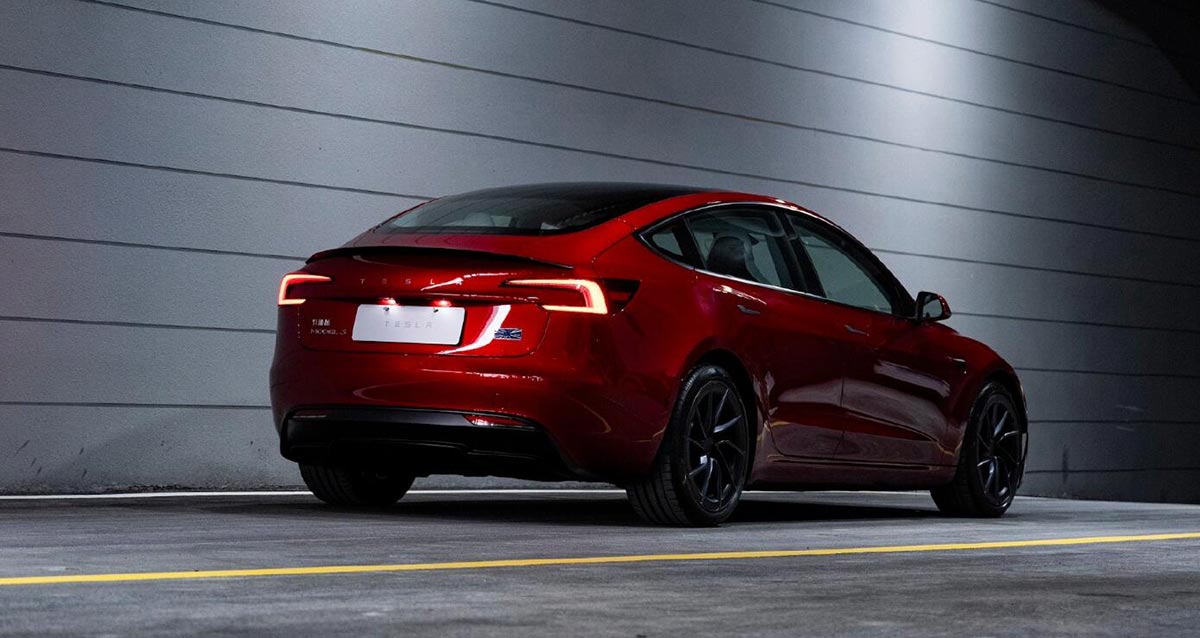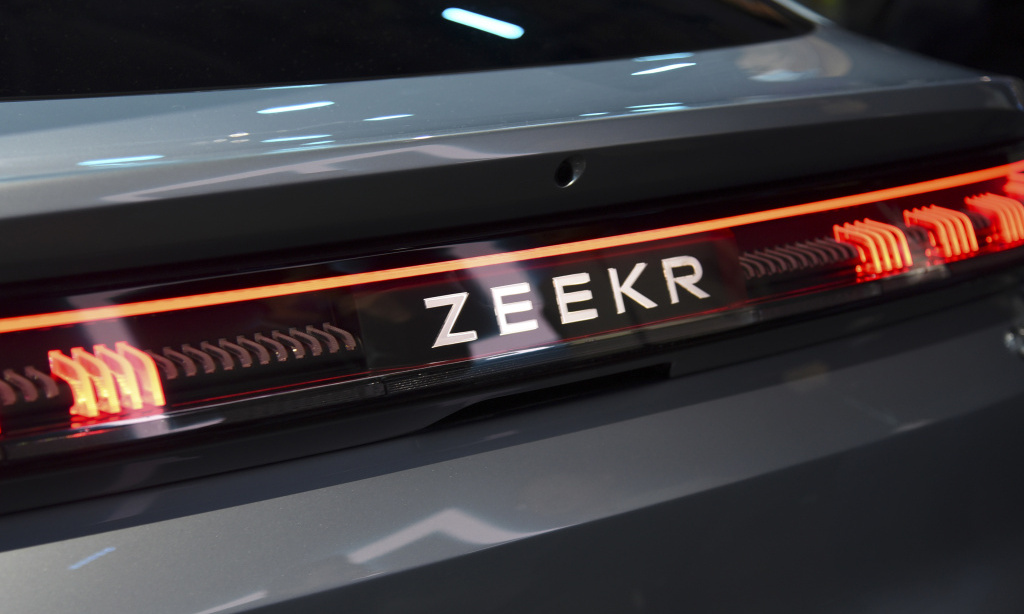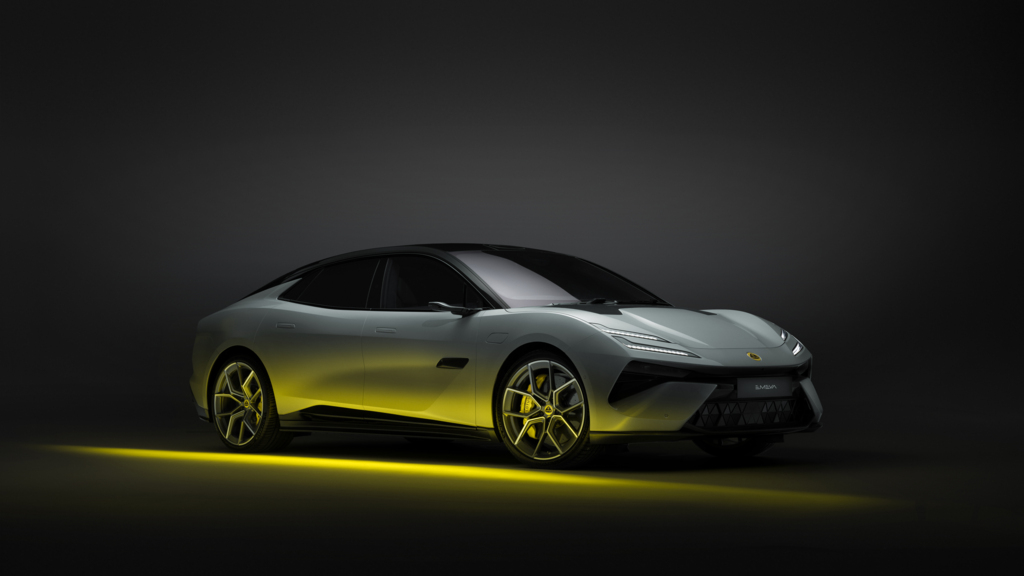Geely Automobile Holdings has introduced its latest innovation in hybrid technology, the Leishen EM-i system, designed to compete directly with BYD’s well-regarded DM-i system, which is celebrated for its impressive fuel economy. Unveiled during a recent event, the Leishen EM-i is being marketed as a next-generation hybrid system that prioritizes fuel efficiency while catering to mainstream consumers.
The Leishen EM-i system boasts significant technological advancements in both its engine and transmission. Geely has highlighted the engine’s remarkable thermal efficiency, which reaches an impressive 46.5 percent. This efficiency is pivotal in delivering enhanced fuel economy, making it an attractive option for consumers seeking sustainable mobility solutions.
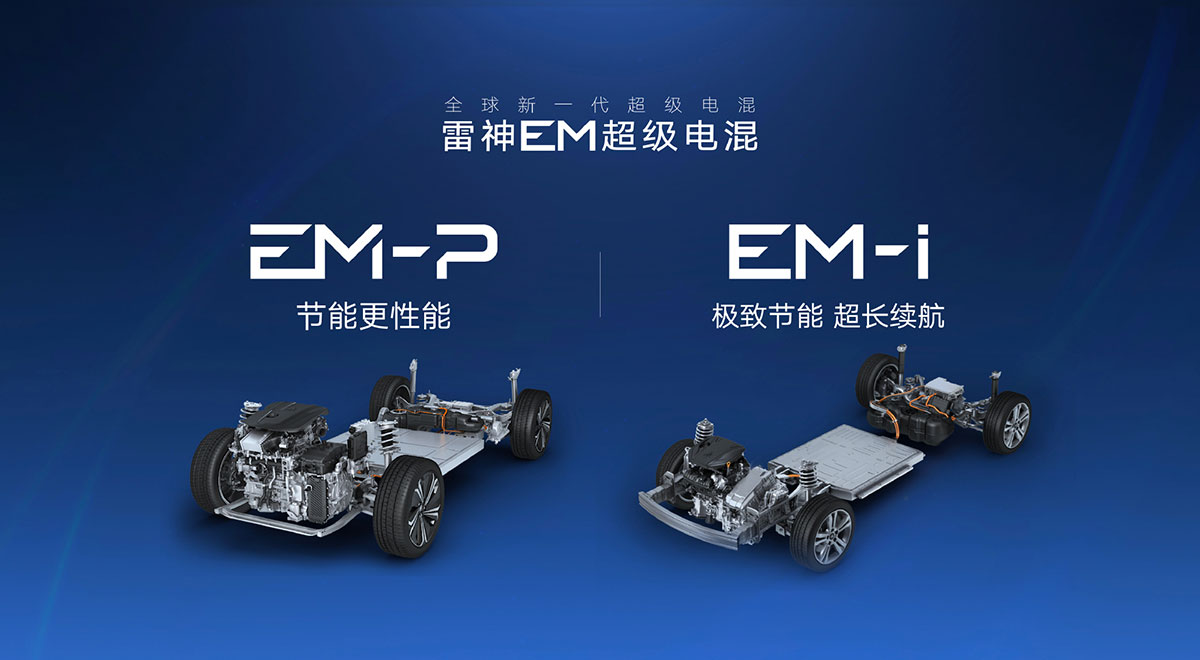
In terms of performance, vehicles equipped with the Leishen EM-i can achieve a remarkable range of up to 2,390 kilometers on a single charge, while maintaining an average fuel consumption of just 2.62 liters per 100 kilometers. This makes the EM-i system a more economy-focused alternative, particularly after Geely’s introduction of the performance-oriented Leishen EM-p system.
The naming convention for Geely’s hybrid systems mirrors that of BYD, which differentiates its technologies into fuel-economy-oriented DM-i and performance-oriented DM-p systems. BYD has been a significant player in this space, launching its first-generation DM hybrid technology platform in 2008, with the most recent DM 5.0 technology introduced in May 2023, boasting a thermal efficiency of 46.06 percent.
While BYD models utilizing the DM 5.0 technology have achieved fuel consumption as low as 2.9 liters per 100 kilometers and a combined range of 2,100 kilometers, Geely aims to enhance its competitive edge with the Leishen EM-i.
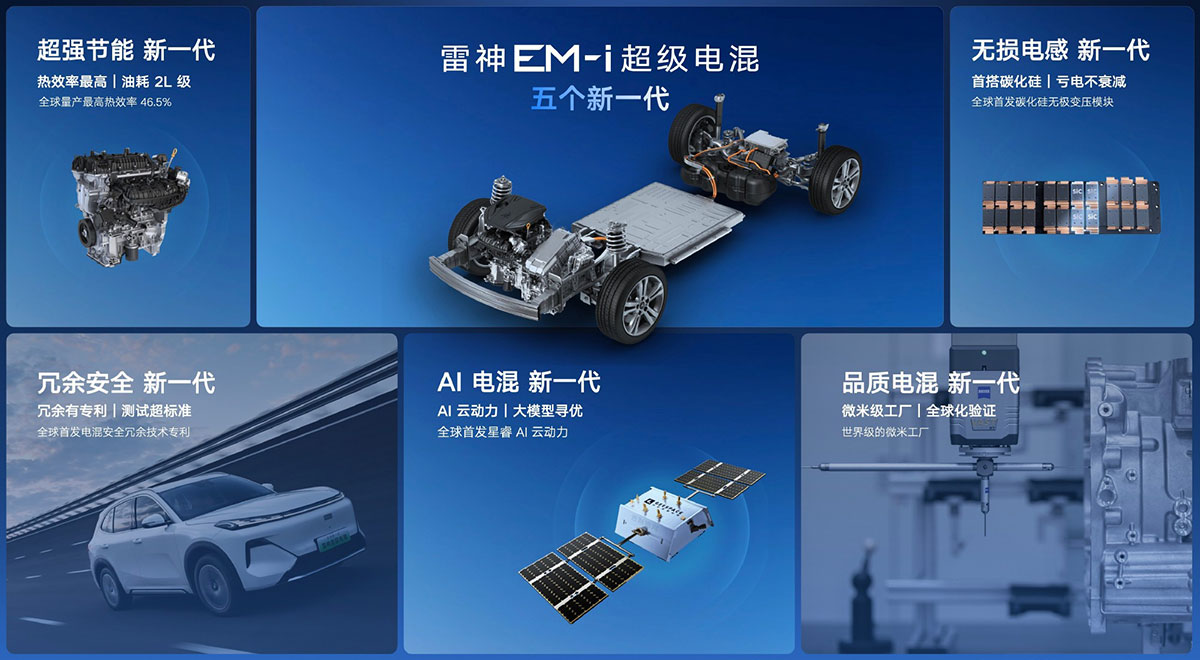
The initial model set to feature the Leishen EM-i system is the Galaxy Starship 7, an SUV expected to make its debut in November. Other models incorporating this advanced hybrid system will include the Galaxy L6 and L7.
Geely’s current market standing reflects a need for innovation; it ranked second in China’s passenger car market with a 7.6 percent share of retail sales, selling 1,176,259 units from January to September. In contrast, BYD has experienced rapid growth, securing the top position with a 15.8 percent market share and 2,466,607 units sold during the same period.
As Geely pushes forward with the Leishen EM-i system, it will be crucial for the automaker to capture market interest and regain momentum in a fiercely competitive landscape dominated by BYD’s established technologies.

